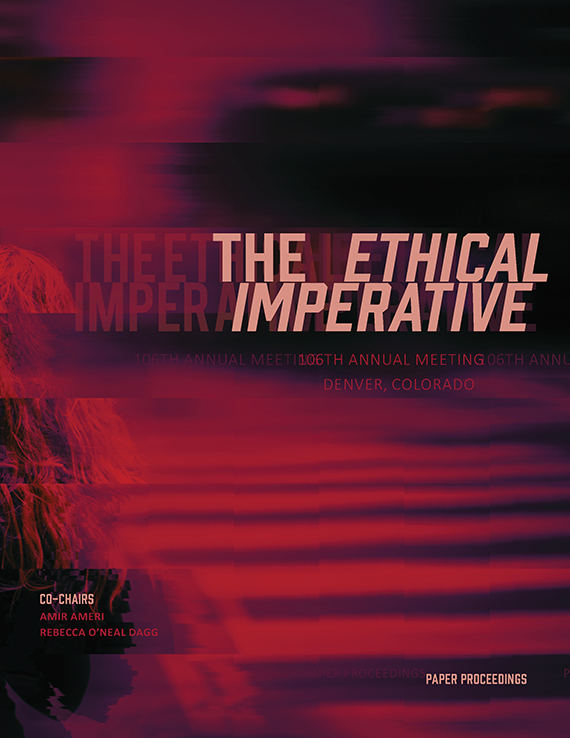Author(s): Ming Hu
Buildings are responsible for approximately one-third of worldwide carbon emissions and account for over 40 percent of primary energy consumption globally. High-performance building design has become an overarching goal for the building and construction industry. The important and trendy domains in the built environment are the “resilience” and “net zero” associated with high-performance design that have their origin in ecology. The performance of building and energy efficiency is one of the common measuring indexes accepted by multiple fields. The ultimate goal of a net zero building has become a hot trend, and an off-grid building has become the ultimate “high-performance” standard. The fundamental misleading concept around contemporary net zero buildings is that a net zero building is one type of building, one type of design process. Instead, if we trace the origin of net zero energy back to its ecological root, we should consider net zero building as a guiding design principle for all buildings and a professional ethic for all practitioners. Just as all mechanical design has to follow the laws of thermodynamics, all building design should keep the net zero concept as the core consideration, not an add-on item. This paper first outlines and explains the ecology origin of the net zero concept and then provides a comprehensive overview of the net zero movement from the 1930s to present time. Five critical development periods are identified, and major events, developments, and influential thinkers are described and explained. Based on the comprehensive review, two major divergences of the net zero movement in the building industry from its ecological origin are noted.
https://doi.org/10.35483/ACSA.AM.106.29
Volume Editors
Amir Ameri & Rebecca O'Neal Dagg
ISBN
978-1-944214-15-9

 Study Architecture
Study Architecture  ProPEL
ProPEL 
